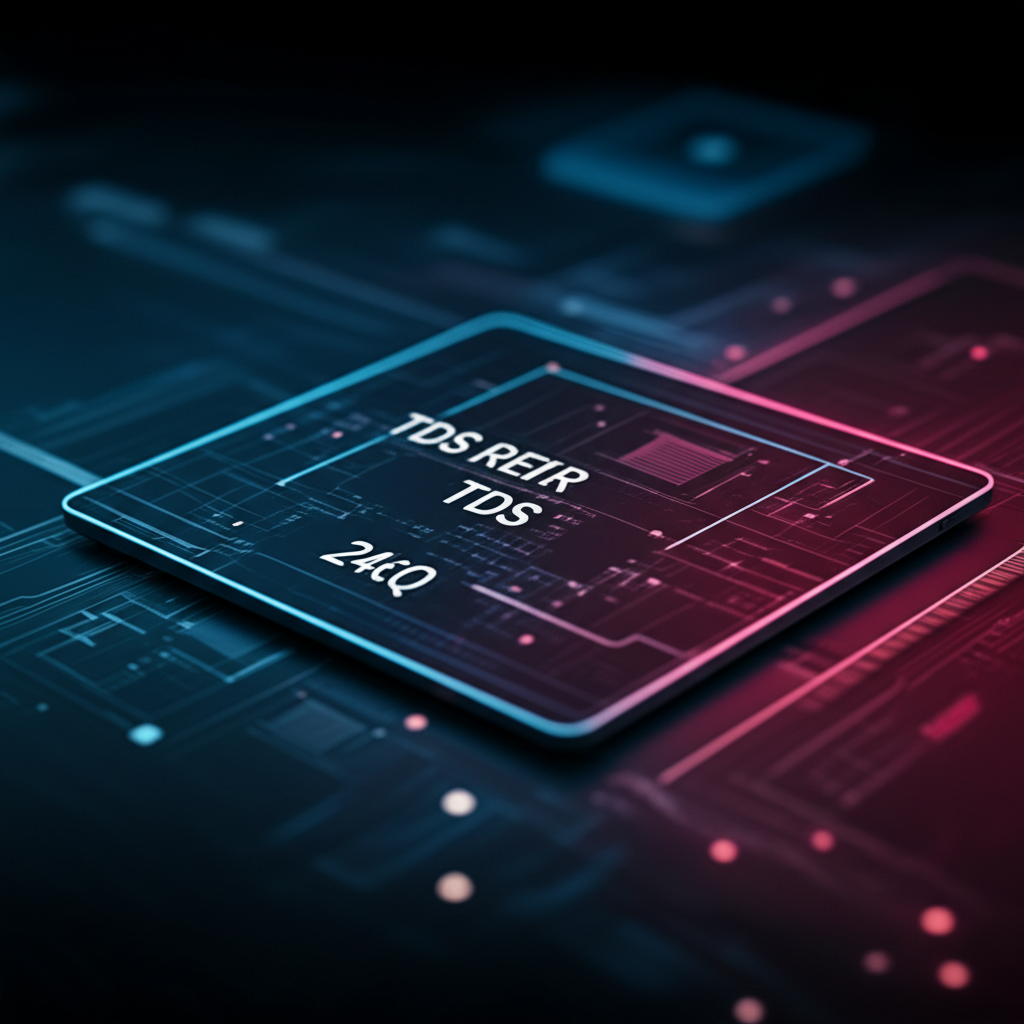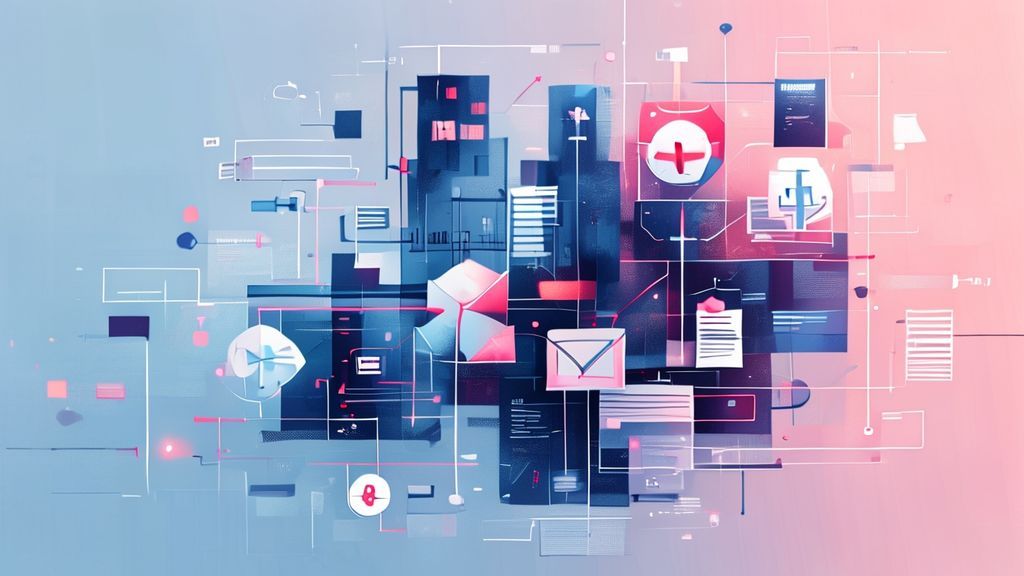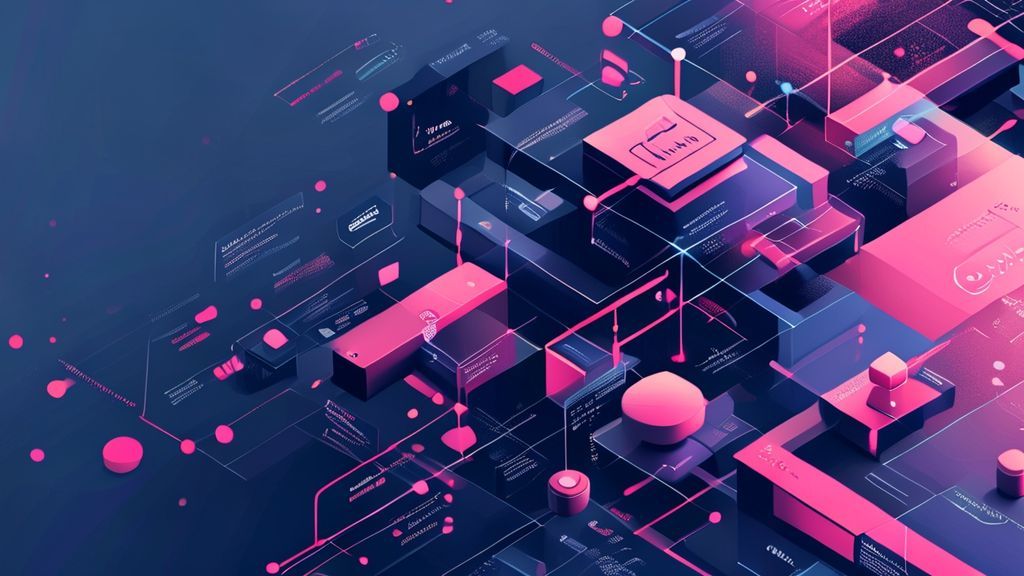Recruitment automation has fundamentally reshaped the landscape of talent acquisition, moving far beyond simple resume screening to holistically enhance the candidate journey. Modern talent teams are increasingly leveraging automated tools to offload repetitive, administrative tasks, thereby freeing up valuable time and resources for more strategic, impactful work daily.
The past few years have ushered in a profound paradigm shift within global human capital management. While initially accelerated by events like the global pandemic, the subsequent evolution has cemented remote and hybrid work models, alongside rapid automation, as integral to HR agility. This transformation has redefined workplaces, workforces, and the very nature of work, pushing hiring processes to become faster, leaner, and more adaptable. Automation technology, especially the rise of Artificial Intelligence (AI) in recruiting, has been pivotal in enabling efficient talent acquisition regardless of physical proximity, becoming a cornerstone of modern HR strategies.
As previously mentioned, talent acquisition teams are consistently delegating routine administrative tasks, harnessing automation to dedicate more time to strategic initiatives daily. In today’s dynamic market, innovative enterprises are rigorously scaling, facing an ever-increasing demand for niche and specialized roles. This context underscores why recruitment automation has become essential, modernizing techniques and streamlining workflows across the entire hiring process – from initial sourcing and screening to sophisticated assessments, interviewing, and final onboarding. The result is consistently increased productivity, significantly reduced time-to-hire and cost-per-hire, and an elevated overall talent profile for the organization.
In an era defined by rapid technological advancement, innovation is no longer a luxury but a fundamental necessity across every sector. The human resources and software industries are at the forefront of this evolution. Let’s delve into ten pivotal ways recruitment automation is fundamentally transforming talent acquisition.
1. Advertisements and Job Promotion
Manual job posting across numerous boards and platforms is incredibly time-consuming and inefficient. Recruitment automation platforms now offer a significant advantage by centralizing and automating the entire job publishing process. Recruiters can leverage intelligent digital advertising tools to automatically distribute targeted job advertisements across multiple relevant platforms, ensuring broader reach and attracting the right candidates with minimal manual effort.
2. Sourcing
Proactive sourcing benefits immensely from automation. Implementing AI-powered recruitment chatbots on career pages and social media channels can revolutionize candidate engagement. These intelligent bots adeptly handle initial job-related queries, FAQs, and even pre-screening questions from aspiring candidates, significantly reducing the administrative burden on recruitment teams and ensuring candidates receive instant, consistent information.
3. Resume Screening
Traditional resume screening remains one of the most significant bottlenecks in the recruitment funnel, often leading to overlooked talent and prolonged hiring cycles. This is where Artificial Intelligence, powered by automation, delivers a game-changing solution. Intelligent screening software can automate the initial review of applications, using machine learning algorithms to rapidly analyze resumes for relevant keywords, skills, and experience, ensuring a more objective and efficient evaluation of talent based on real-time data and insights.
4. Scheduling
Coordinating interviews often involves a frustrating back-and-forth, consuming considerable time for both recruiters and candidates. Recruitment automation tools simplify this dramatically by enabling seamless synchronization between recruiters’ and candidates’ calendars. Automated interview scheduling software allows candidates to select suitable time slots directly, enhancing efficiency, ensuring better coordination, and providing a superior experience for all parties involved.
5. Assessments
The days of manual, paper-based aptitude tests are largely behind us. Automation has transformed candidate assessments, moving them online and making them more relevant and efficient. Modern assessment platforms can automatically deliver tailored tests – from cognitive abilities to personality and role-specific skills – to candidates at the appropriate stage of the hiring funnel. This not only saves recruiters from sifting through unqualified applicants but also ensures a standardized, objective evaluation process and a more professional experience for candidates.
6. Hiring Metrics and Data Analytics
Robust data and analytics are paramount for optimizing any recruitment strategy. Manual tracking of candidate details, background checks, resume data, and job advertisement performance is an incredibly complex and error-prone undertaking. Fortunately, modern Applicant Tracking Systems (ATS) powered by automation centralize all this vital information. These systems provide hiring managers with real-time access to comprehensive candidate databases and crucial hiring metrics, enabling data-driven decisions that refine future recruitment efforts and demonstrate ROI.
7. Candidate Relationship Management
Building and nurturing strong candidate relationships is key to long-term talent pipeline health. Candidate Relationship Management (CRM) systems, integrated with automation, empower businesses to engage proactively with potential hires. Through sophisticated email automation sequences and personalized communications, organizations can keep candidates warm, informed, and engaged, even if a suitable role isn’t immediately available, fostering a positive brand image and talent community.
8. Offers and Onboarding
The final stages of the hiring process, including offer management, can also be significantly streamlined. Modern HR software and automation solutions facilitate the rapid generation and distribution of personalized offer letters, employment contracts, and other essential onboarding documents for successful candidates. Simultaneously, they can automate the delivery of considerate rejection letters to unsuccessful applicants, ensuring a professional close to the candidate journey for everyone.
9. Enhancing Recruiter Productivity
The overarching benefit of integrating recruitment automation is a dramatic enhancement in recruiter productivity. By offloading mundane, repetitive tasks, recruiters can work more effectively, focusing their expertise on candidate engagement, strategic planning, and making more informed, higher-quality hiring decisions at an accelerated pace. This translates directly into more efficient and impactful talent acquisition outcomes.
10. Improving Candidate Experience
Ultimately, one of the most impactful outcomes of recruitment automation is a significantly improved candidate experience. By automating administrative touchpoints, recruiters are empowered to shift their focus towards meaningful interactions – building genuine connections, providing personalized feedback, and nurturing relationships. Simultaneously, applicants benefit from a highly streamlined, transparent, and organized application and interview process, leading to greater satisfaction and a stronger employer brand.
The Future Outlook: AI, Ethics, and the Human Touch in 2025
As we look towards 2025 and beyond, recruitment automation is set to evolve even further, integrating more sophisticated AI capabilities such as predictive analytics for identifying ideal candidates or forecasting future talent needs. However, this advancement also brings a heightened focus on ethical AI usage, ensuring fairness, transparency, and mitigating bias in algorithms. The synergy between human recruiters and advanced automation will be paramount. Instead of replacing human interaction, technology will empower HR professionals to engage more deeply on strategic levels, fostering authentic relationships and making nuanced decisions that automation alone cannot. The future of talent acquisition will undoubtedly be a collaborative one, where technology augments human expertise, creating more efficient, equitable, and engaging hiring experiences for all.
Read also; Get Your Payroll Management Strategy Right from the Start















